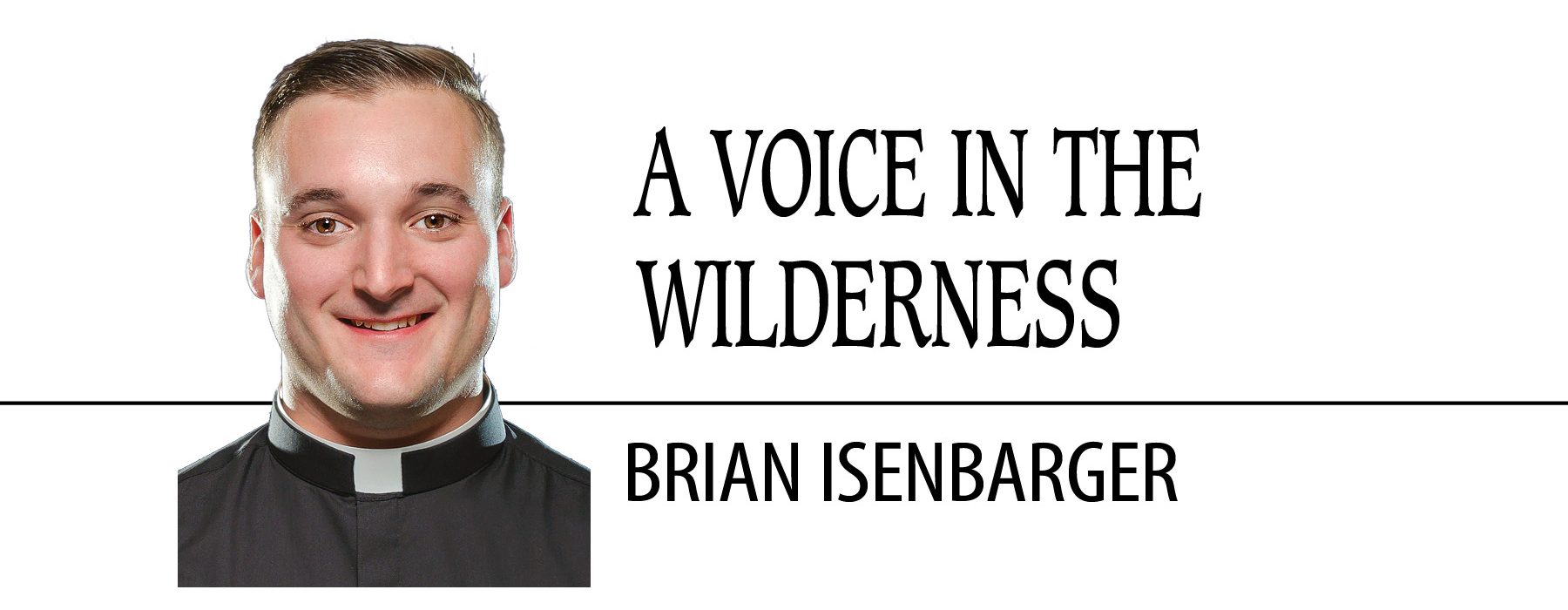December 10, 2019 // Perspective
God is not an insurance policy
You know the commercials: “15 minutes could save you 15% or more.” “Like a good neighbor…” “You’re in good hands…”
In this land of plenty, we like to protect our stuff with insurance policies. The more we have, the more we have to insure. The thought of having something that could simply be destroyed or damaged without remuneration is absurd to the modern mind. And certainly, there is a natural sense of justice involved with this notion. If the deductibles are paid, the policy should cover whatever was damaged. Simple enough. On the other hand, if the coverage doesn’t cover what it should, then we move on to find a new policy. After all, it might only take 15 minutes.
Our relationship with God, however, should not be a kind of eternal insurance policy. It’s possible to slip into this mindset frequently, though. For example, if I say my prayers, check off my obligation for Mass on Sundays and holy days and maybe throw a few bucks in the collection plate, then God should cover me. He should make sure my life is fairly pain-free, relatively happy, and He should ultimately make sure we all get to heaven. In other words, if I pay my deductible by doing what is required, then God should cover the rest.
Unfortunately, this notion of God as the divine insurer could not be further from the reality revealed by Jesus. After all, Jesus’ life was filled with the most horrific suffering and death, even after living in total fidelity to the will of His father. So if God is not the great adjuster, then who is He?
God is Father. He is a divine person who lives in relationship with the Son and the Holy Spirit. And through His Son, He has fully revealed Himself to us. More than that, through His Son taking on human flesh in Jesus, He has invited us into the same eternal communion of love that is the Trinity. In other words, instead of offering a coverage policy in return for meeting our religious duties, God offers His very self — totally, completely and unreservedly.
In fact, this is precisely what the passion, death and resurrection of Jesus reveals — that there is not a single moment of human existence in which God does not accompany each and every member of His Church. Think about it. God became an embryo, developed into a man, died and entered into the grave. The work of Jesus, more than simply being a ministry of justice to repair the damage of sin, inaugurated a covenant in which our weak, frail and broken humanity is exchanged for the all-powerful, eternally strong and perfect Son of God.
In a most jarring way, this is precisely what takes place during holy Communion at each and every Mass. Instead of Christ becoming part of our own bodies, it is our entire humanity that becomes united to Him. In the Eucharist, there is no change in Christ. We are the ones who become conformed to Him. In the most profound way, it is during this act of holy Communion that we enter into the very life of heaven now.
So, why do we go to Mass on Sunday and holy days? It’s not to insure our future or to win the divine comprehensive coverage package. After all, God is not into profits or in need of anything from us mere mortals. Instead, we go to Mass to exchange our very selves for Him. We go to Mass because we are members of the very bride of Christ, the Church. We go to Mass because we’ve been invited to the eternal wedding feast of the lamb — heaven.
In a word, our relationship with God is not like an insurance policy. It’s much more like a marriage, a marriage that is not built on keeping score and counting points but rather on self-giving love and covenantal fidelity. At every Mass, God gives His very self. In every tabernacle, He waits for our company.
Most simply, He wants our friendship, not our deductible.
Brian Isenbarger is a seminarian of the Diocese of Fort Wayne-South Bend. He is studying at Mount St. Mary’s Seminary in Emmitsburg, Maryland.
The best news. Delivered to your inbox.
Subscribe to our mailing list today.






